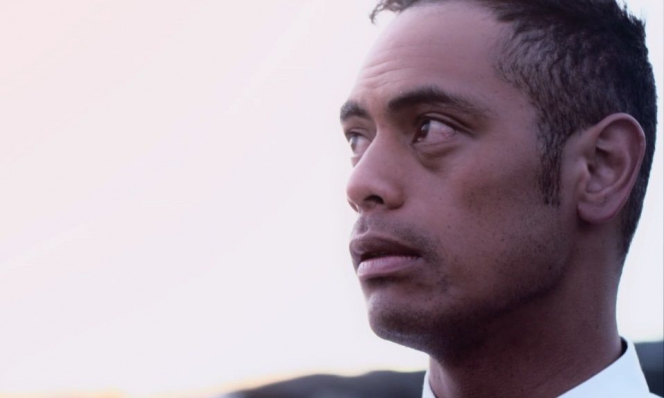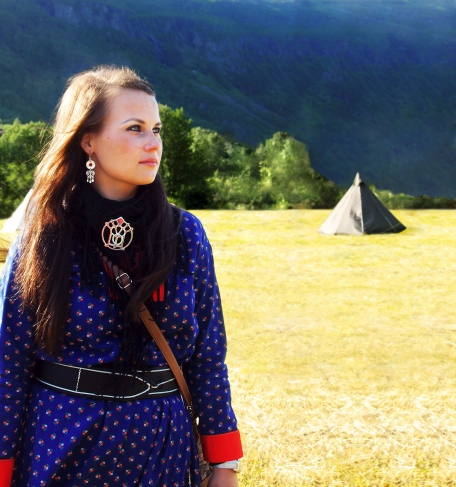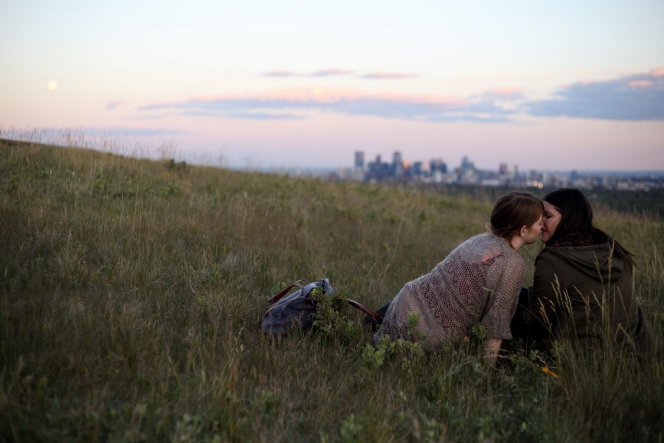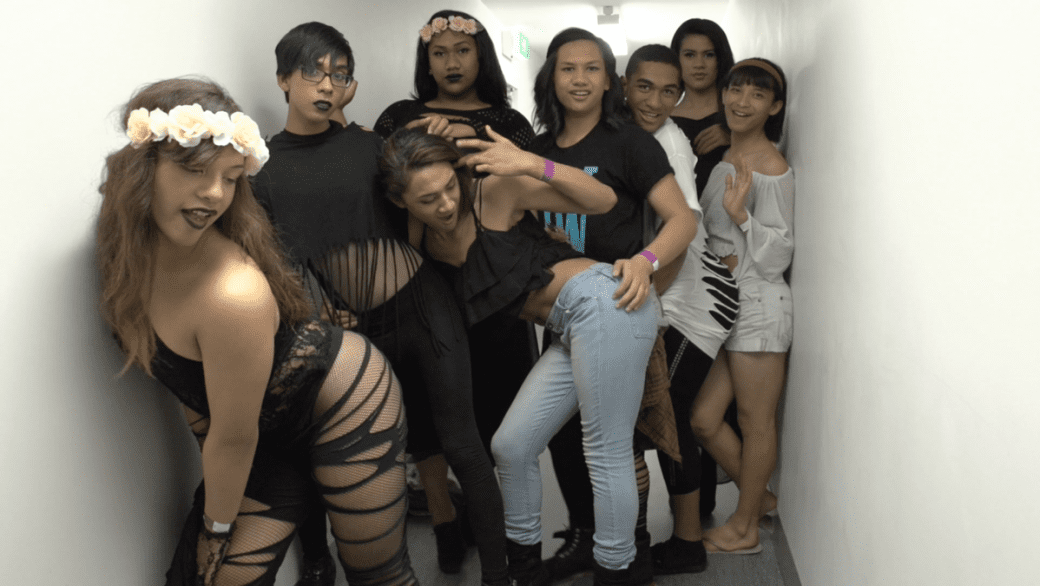Now in its 17th year, ImagineNATIVE Film and Media Arts Festival 2016 brings the best of indigenous cinema, culture and artistic expression to Toronto.
Though colonization negatively altered the perception of homosexuality and non-binary identities in indigenous communities — leaving some queer indigenous people feeling marginalized in their own cultures — an increasing number of artists have been rising to unpack their histories, examine their current challenges and share their stories.
This year features selections from Canada, Finland and New Zealand. You may not be familiar with the cultures on screen, but the traumas and triumphs of the characters will resonate with queers of all origins.
Daily Xtra has scoured the program to find the works you definitely don’t want to miss.
Directed by Todd Karehana
Whatever part of the spectrum they fall on, nearly every queer has dealt with some form of bullying. Trying to pass as straight or learning Tae Kwon Do are plausible defence strategies, but Todd Karehana’s doc about a group of trans and queer kids attending an all-boys academy offers an alternate approach.
Rather than hide who they are, the kweenz shove it in the faces of their attackers, displaying their gender-flexible fabulosity as part of the school’s annual talent show. Brimming with optimism, the film offers a rare and inspiring look at kids fighting oppression with capital-F fierceness.
The Kweenz audition for New Zealand’s Got Talent 2012.
Bee Chan Chui/YouTube
Directed by Hanelle Harris
New Zealander actress Hanelle Harris’s directorial debut centres on a character in crisis. Raised in a staunchly religious family, Pule (Taofia Pelesasa) is preparing to leave for a year at Bible college on a neighbouring island. He’s intent on the path his parents have set out for him, but it’s complicated by the clandestine affair he’s having with his best friend, Mika (Hans Masoe) — leaving him torn between the need to please his family and the recognition of who he really is. While it’s set inside the unique frame of Maori culture, The Promise of Piha renders the complexities of coming out in a way most queers will recognize.

Sparrooabbán (Me and My Little Sister)
Directed by Suvi West
Finnish filmmaker Suvi West often takes on topics deeply connected to her own life. With her latest, she makes what might be her most personal film to date, as she examines her sister Kaisa’s struggles with being queer.
Finland is broadly gay-friendly, but as Sámis, (the indigenous people inhabiting Finland’s northern coast) they struggle with their own culture’s rampant homophobia and a queer history erased through colonization. The film looks at the unique impacts that colonialism has on queer indigenous people and the reasons why connections between cultures are critical. And while it never happens overnight, Sparrooabbán shows that change eventually comes, one person at a time.

Directed by Jessie Short
Jessie Short’s latest captures a character straddling different worlds. Andy (Sydney John) is a young Métis woman aware of her heritage even as she’s disconnected from it. Similarly, she’s conscious that her sexuality doesn’t fit a conventional box, but she’s also not sure she’s a lesbian.
It could have been a tortured portrait of youth in crisis, but Short’s deft directorial eye gives an alternate approach on inhabiting opposing identities. Instead of being torn between who you are and who you think you should be, Sweet Night encourages us to shrug off labels and just live in the moment.

Created by Thirza Cuthand
For two-spirit and Cree-Scottish filmmaker Thirza Cuthand, her latest isn’t a film at all. Instead, A Biopolar Journey represents her first foray into video games. Using cut-and-paste animation, she takes the player on a ’zine-inspired trip through psych wards, pill popping and literal pits of depression.
Based on her struggles with mental illness, the game helps players achieve something uniquely possible with interactive art, but the goal here is to help players understand the overwhelming frustration that comes with mental illness. Blending her trademark humour with quirky execution, the project offers a unique path towards empathy.

ImagineNATIVE Film and Media Arts Festival
Oct 19-23, 2016
Various locations in Toronto


 Why you can trust Xtra
Why you can trust Xtra


